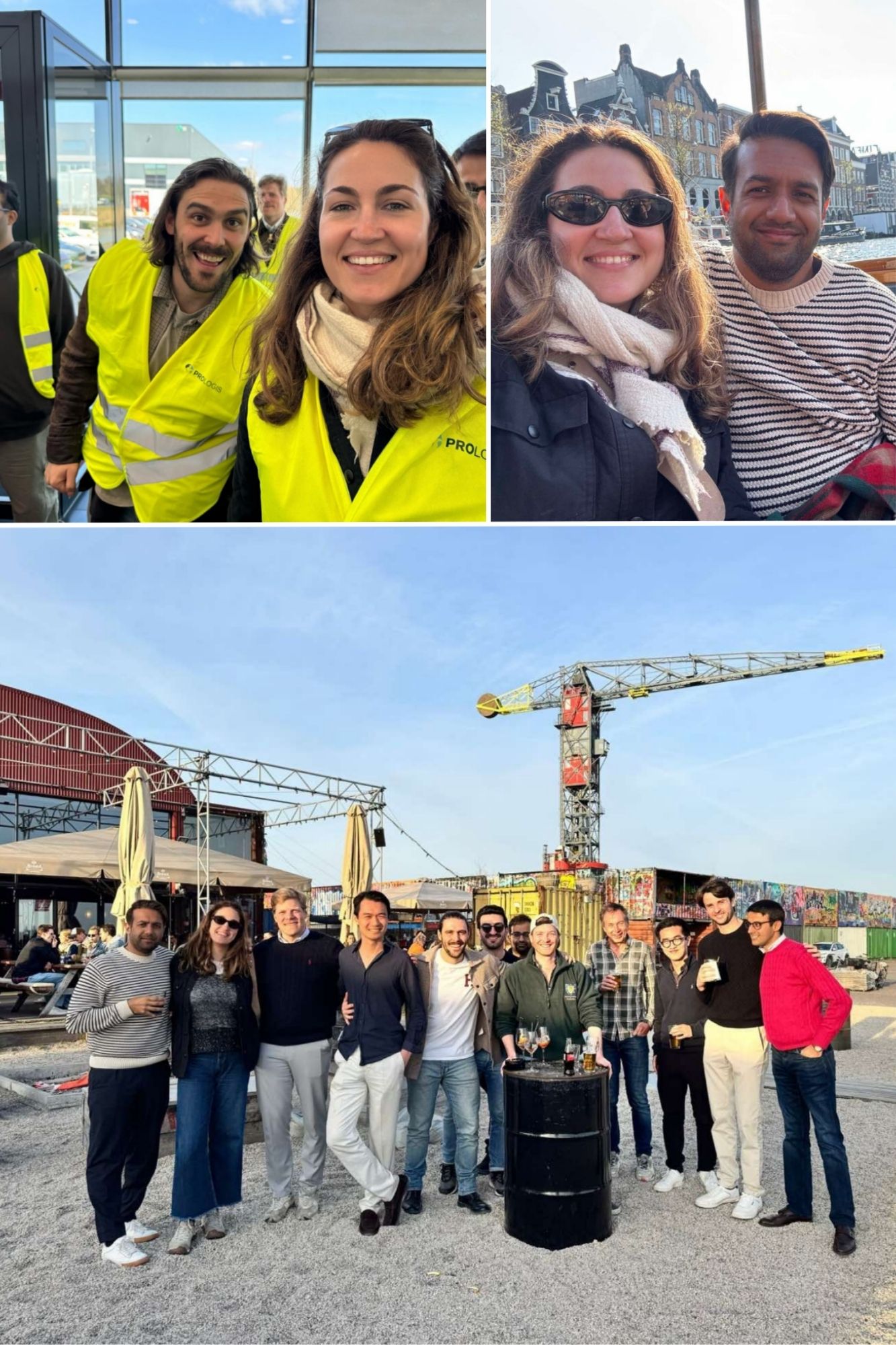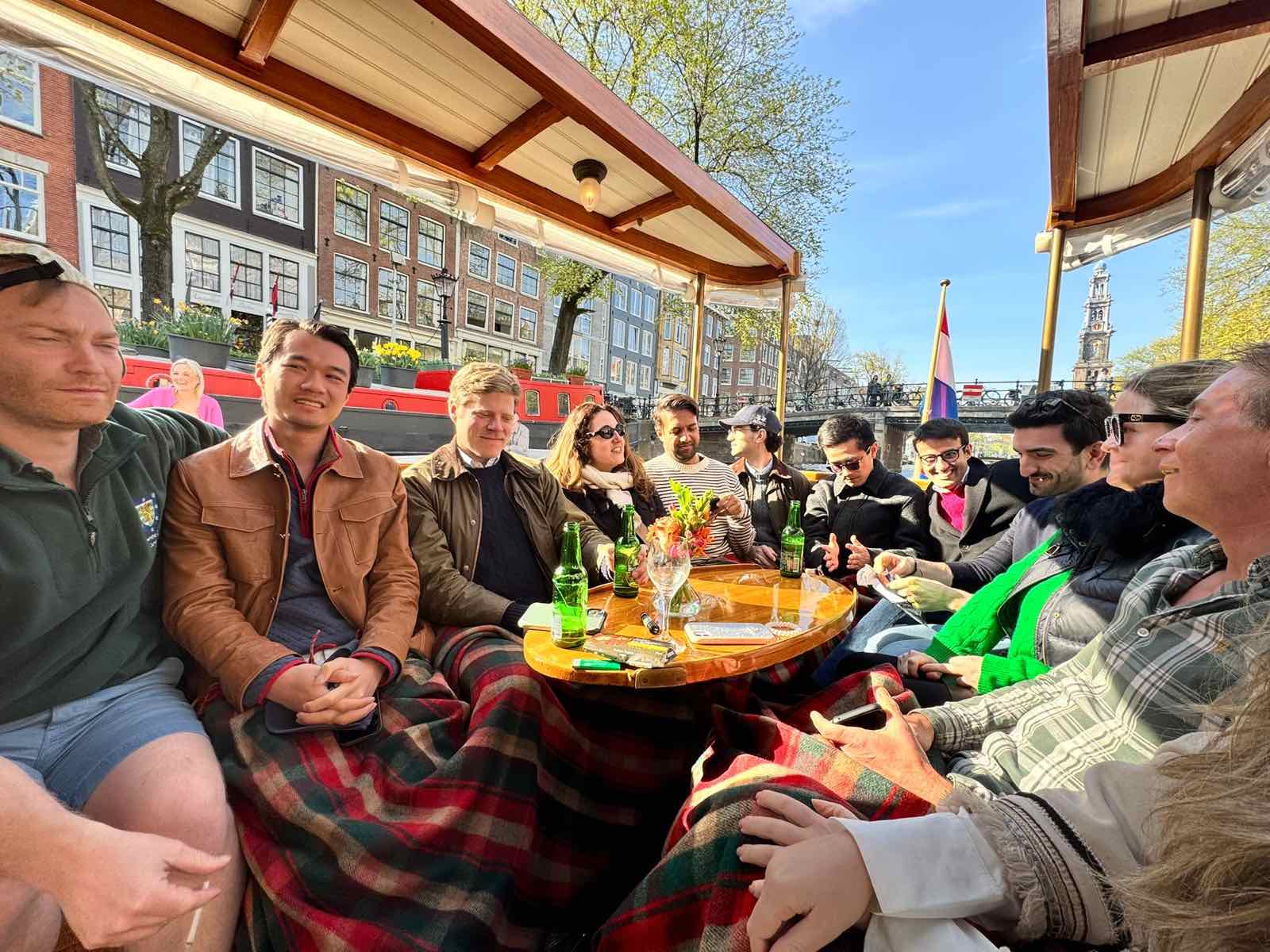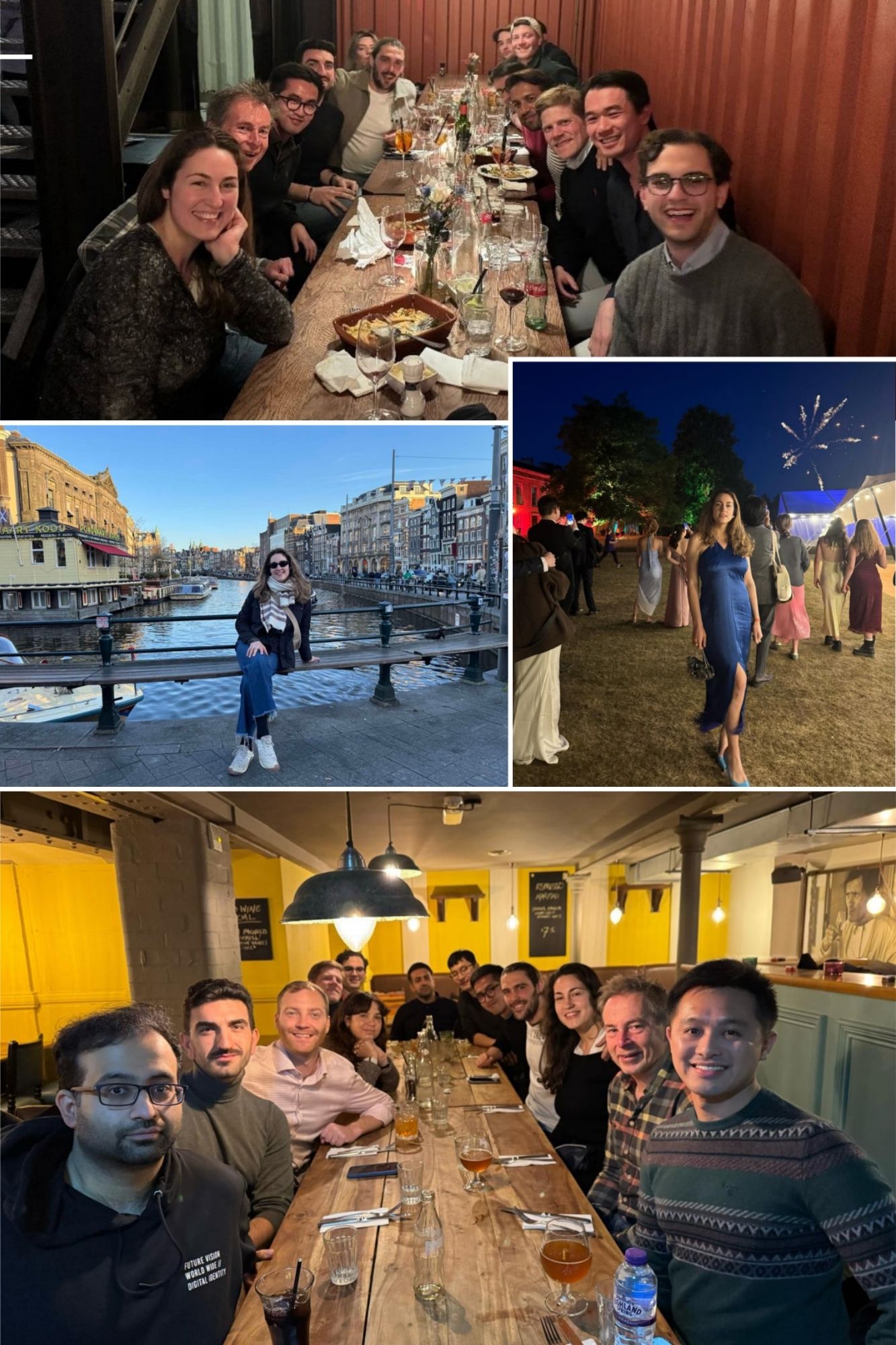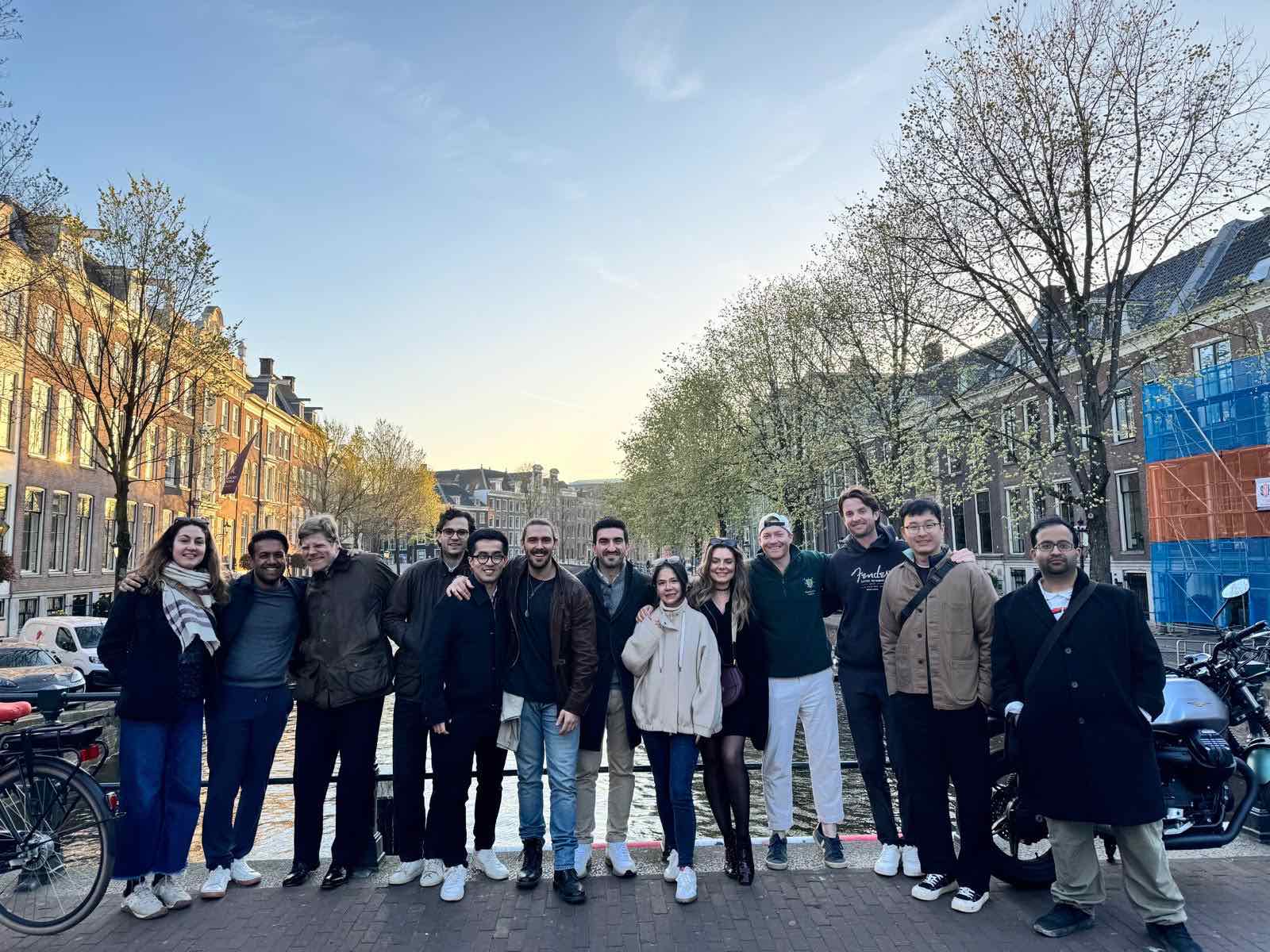Darya Pryma has just completed her second and final year of the MSt in Real Estate at the Department of Land Economy. Her studies over the two years were supported by a Departmental award, the MSt in Real Estate Bursary. Here’s what she had to say about her experience.
How did you find the second year of the course?
The second year of our MSt in Real Estate at Cambridge provided a powerful consolidation of our foundations in capital markets and corporate finance, while deepening our expertise in key industry-specific themes such as financial feasibility, development risks, and construction cost analysis.
We had the opportunity to participate in insightful site visits across London, Cambridge, Rotterdam and Amsterdam, fostering close connections with our course partners and leading players in the sector, including Prologis. A strong emphasis in the program is placed on ESG and climate resilience, particularly within the construction sector - a field responsible for nearly 40% of global CO₂ emissions. Topics such as sustainable design, urban adaptation, and long-term value creation were at the core of our discussions.

How did you find the process of completing an independent research project?
I enjoyed the process of discussing my thesis ideas in front of a panel of academic leaders - including Thies, Nick, Colin, Zilong - as well as my classmates, being challenged by their questions and remarks and constructing my arguments. I researched the trend of US ESG REITs performance during economic cycles and I was lucky because I really enjoyed what I was doing and I had a great supervisor, Daniel Ruf.
The topic was very useful to understand the performance dynamics of ESG strategies, and I discovered that ESG REITs tend to demonstrate stronger downside resilience during market busts, but may lag during speculative boom phases - a key insight for portfolio managers adjusting to cyclical volatility. Later, I was pleased to learn that my thesis was nominated for the Ben Pattison Prize 2025, marking 6 months of very intensive work.

How do you think your knowledge of real estate has changed since you started the course in 2023?
Coming from a background in architecture and private debt portfolio management, the MSt allowed me to bridge design thinking with financial strategy and corporate theory. Over the past two years, I have significantly expanded my understanding of real estate beyond asset-level analysis to a more integrated view of capital markets, risk-adjusted returns, ESG considerations, and development feasibility. Also, I bonded with lots of talented and insightful professionals across the European continent. Today, I approach investment and asset management decisions with a more holistic mindset - combining architectural intuition, financial discipline, and long-term value creation.
Over the course of these 2 years, I became a member of several real estate societies and associations, and regularly attended events in Paris and London hosted by Cambridge University Land Society, Downing College May Ball, Cambridge Society of Paris, ULI Institute France, Cercle 30, 17% RE Women Networking, Comptoir de l’Immobilier. These engagements have significantly expanded my horizons and embedded me more deeply within the European real estate community.

Where do you hope the skills and knowledge gained through the MSt will take you next?
The past two years have been an intense but extraordinary journey for me - balancing a demanding career with part-time study at Cambridge and life has been one of the most intense yet rewarding experiences of my life. I’ve spent countless evenings and weekends working on assignments, perfecting financial models, reading numerous long academic articles as well as attending long weeks filled with lectures and group work on-site in Cambridge.
The programme has tested my discipline and perseverance with no time off, while studying sometimes till early hours in the morning - but it gave me the chance to reflect and engage with some of the most pressing questions in our industry and connect with inspiring industry peers who made every long evening and weekend of work worthwhile.
Recognised globally as one of the leading real estate degrees, my Cambridge degree has not only been an academic challenge but also a personal journey of growth, resilience, and vision. I am incredibly grateful to my loved ones, friends and mentors for their encouragement, and to the Department of Land Economy for their invaluable guidance and scholarship support. It’s truly been one of the most meaningful experiences of my life.

